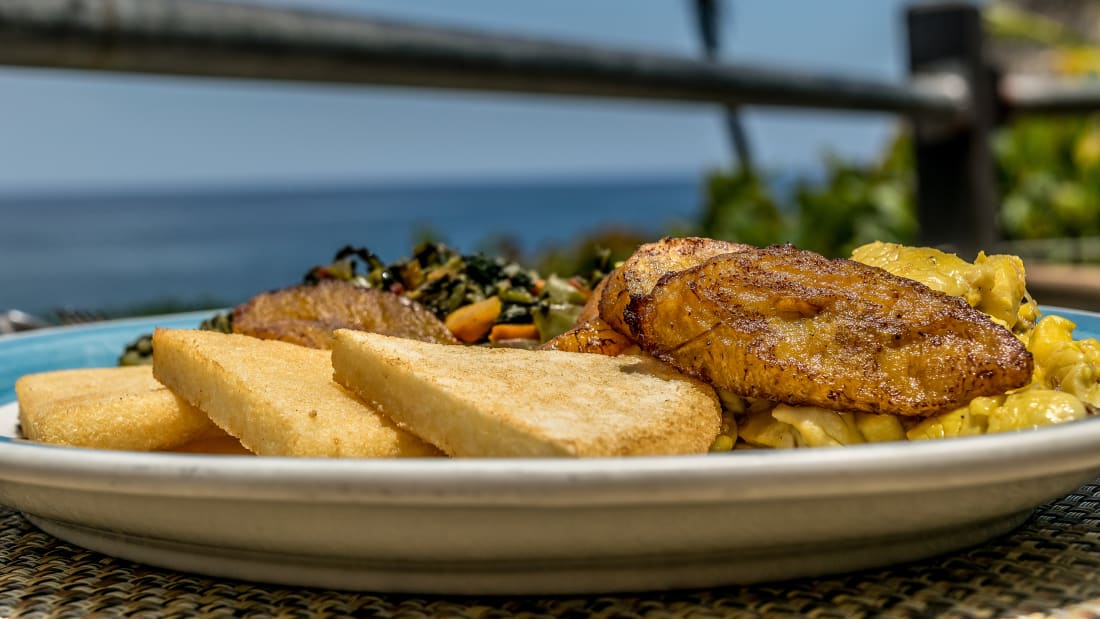The Global South: The Linchpin of Cassava Production
Although the current top global producers of cassava originate from outside Caribbean countries, the introduction and establishment of such foods directly derive from the discoveries made in the West Indies during the Columbian Exchange in the 15th and 16th centuries. Synonymous with Christopher Columbus and his historic voyage in 1492, the Columbian Exchange essentially contributed to the global expansion and establishment of staple foods through global exchange and cultivation between continents.
Unfortunately, like most encounters and exchanges between indigenous communities and colonizers the native cultural influences behind the origin of these particular foods were often dismissed and replaced with colonial significance. Although many plants and animals were found in the West Indies and cultivated and produced by enslaved African and Indian peoples, the Global North’s domination and global expansion absorbed any recognition of their cultural influence. Today, Caribbean countries and their cultural global impact conttinue to experience a similar erasure but in an unlikely way. Over the last decades, Africa and Asian markets have dominated the global production of cassava overshadowing the Caribbean’s global impact.
Due to the decrease of optimal soil, lack of agricultural research funds, and relatively high production costs Caribbean countries are simply unable to meet the cassava demands on an industrial and commercial scale in an efficient and economic manner. Despite the inability to meet the industrial demands needed for commercial cassava production, some Caribbean countries, like Jamaica, maintain a strong cassava supply and demand through small family farms meant for direct consumption throughout the Jamaican community.
